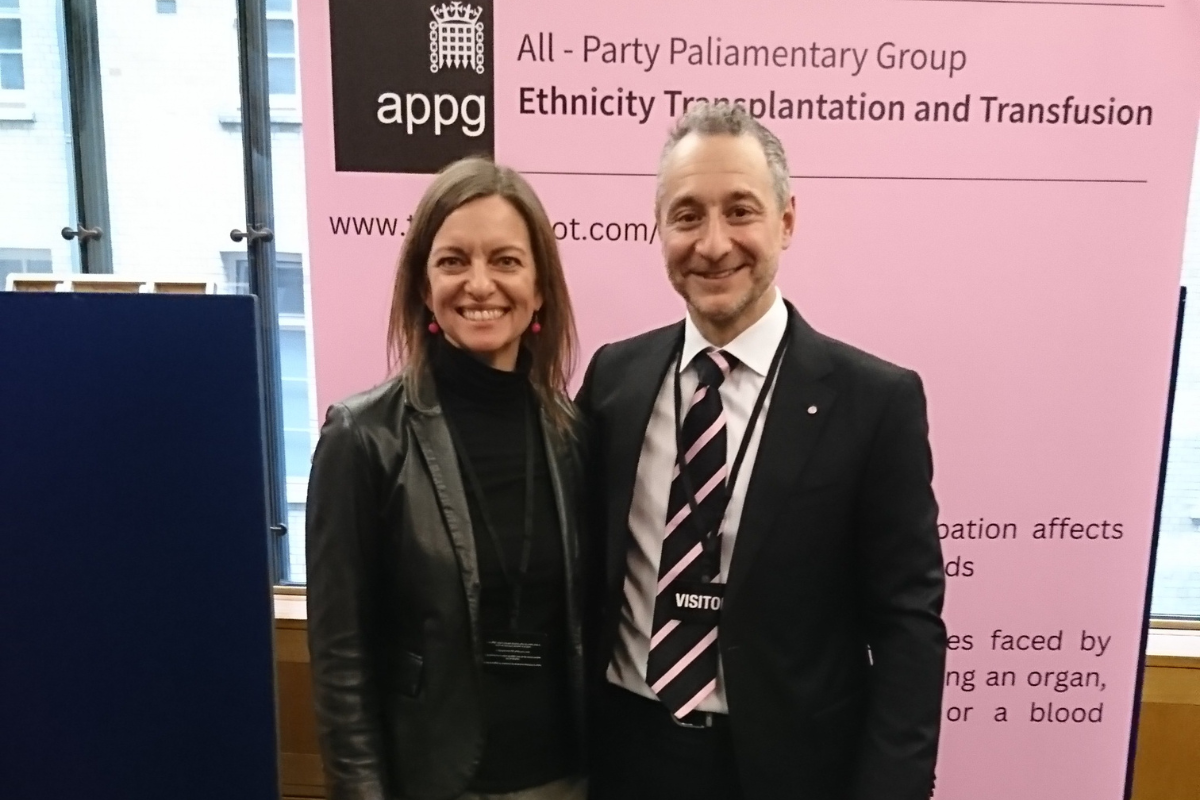On Monday 4 December the new All-Party Parliamentary Group (APPG) for Ethnicity Transplantation and Transfusion published a report stating that minority ethnic and mixed heritage people faced a “double whammy of inequity”: they are more likely to need donors, because they are disproportionately affected by conditions such as sickle cell and kidney disease, and they are less likely to find the right blood, stem cell or organ match on donor registers.
To help address these concerns and shape a better future, researchers from the University of Kent have been running workshops with the local black community to give potential victims of the donor gap ‘silent crisis’ a platform to voice their thoughts on barriers to stem cell donation and solutions.
Dr Jill Shepherd, Senior Lecturer in Stem Cell Biology in the School of Biosciences, is leading the project to help address the inequality in stem cell transplants between white and black patients.
Stem cell, or bone marrow, transplants, can give patients with life-threatening blood-cancer a second chance. Unfortunately, Black donors make up only 1% of the UK stem cell registry, meaning Black patients are far less likely than white patients to find a suitably matched donor and get a transplant. This ‘donation gap’ has mortality and morbidity implications for Black patients. About 72% of white patients can find a well-matched donor, but this falls to only about 37% for BAME patients.
A global shortage of Black stem cell donors means that Black patients worldwide are far less likely to get curative stem cell transplants, leaving Black patients more likely than their white counterparts to die of their illness.
Dr Shepherd and her team – Prof Joy Zhang (Founding Director, Centre for Global Science and Epistemic Justice), Dr Rebecca Cassidy (Research Fellow, Centre for Health Services Studies) and Camille Serisier (Visual Artist and GSEJ Affiliated Researher) – have created engaging workshops to help raise awareness of this inequality, find ways of better supporting black patients needing a stem cell transplant and help create more successful stem donor drives in the future.
The workshops use creative and reflexive learning methodologies to create culturally competent conversations, discovering the relevant lived experience and perspectives of people in the community around stem cell donation and transplantation.Working with Health Action Charity Organisation and New Life Pentecostal Church as well as other communities, national stem cell- focussed charities and alongside the APPG for Ethnicity Transplantation and Transfusion, Dr Shepherd hopes the findings will inform policy makers and help shape positive changes to donor recruitment.

